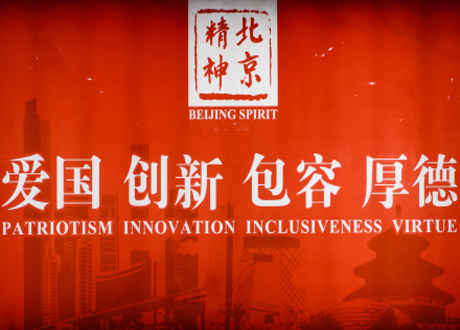Man and Nature: Perspectives on Sustainability from East Asian Philosophy
This article provides a conceptual rationale for environmental sustainability derived from Taoist and Buddhist philosophies. Our goal as a society should be to jointly enhance the quality of human lifestyles and the natural environment, not just one or the other. Innovations in this area can have a nonlinear or exponential impact.










